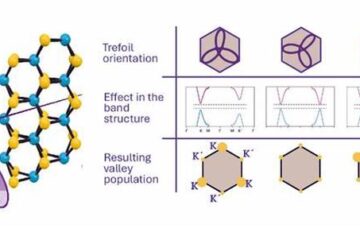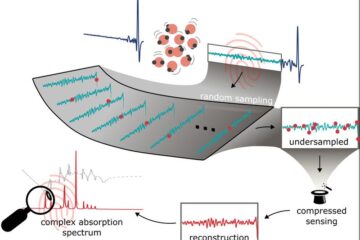Researchers Examine Extreme Temps and the Body’s Immunity

Researchers at the University of Houston’s department of health and human performance are using an environmental chamber to investigate ways to identify risk factors of those most susceptible to heat and cold illnesses.
“Our group is interested in how exercise disturbs the immune system,” Associate Professor Brian McFarlin said. “Houston has a climate that is very prone to extreme amounts of heat, especially in the spring and summer months. Exercising in that environment may have very pronounced effects on the body and not really positive effects.”
The environmental chamber at the department’s Laboratory of Integrated Physiology resembles a giant cooler. At 10 feet by 10 feet, the temperature and humidity of the wall-to-wall stainless steel room can be adjusted from 120 degrees Fahrenheit to minus four degrees Fahrenheit. Subjects’ blood and body temperature are monitored as they work out on stationary bikes. McFarlin says other institutions have environmental chambers, but not many are used to collect data on a problem that has touched the lives of the very elderly and the very young.
“We are interested in developing potential risk factors that can be measured in an individual so that medical personnel can be alerted to those with an increased risk to cold or heat illness,” McFarlin said. “Those are the people you are going to want to watch very closely, and possibly implement aggressive hydration strategies and more monitoring techniques.”
McFarlin says elite athletes who push their bodies for marathons and other competitions place a lot of stress on their bodies, stress that can impact their immune systems for up to 24-hours after their aerobic activity. He says that individuals who are recreational athletes can suffer the same immunity suppression by exercising in, or being exposed to, extreme heat or cold.
“When you introduce an extremely hot or cold environment, that adds a whole other level of problem to the situation,” he said. “The most obvious is that your immune system is suppressed and you get a virus. You’ll get sick more easily.”
Researchers have used the environmental chamber for studies and in partnership with corporations, such as biotechnology company Biothera, to investigate how certain supplements can counteract the immune suppression that may follow exercise in extreme temperatures.
“We’re certainly interested in collecting data that we can publish, but we’re also interested in generating data that might be helpful to the larger population,” he said.
For more information on the UH department of health and human performance, visit http://www.hhp.uh.edu/.
Media Contact
All latest news from the category: Health and Medicine
This subject area encompasses research and studies in the field of human medicine.
Among the wide-ranging list of topics covered here are anesthesiology, anatomy, surgery, human genetics, hygiene and environmental medicine, internal medicine, neurology, pharmacology, physiology, urology and dental medicine.
Newest articles

A novel universal light-based technique
…to control valley polarization in bulk materials. An international team of researchers reports in Nature a new method that achieves valley polarization in centrosymmetric bulk materials in a non-material-specific way…

How evolution has optimised the magnetic sensor in birds
The magnetic sense of migratory birds is probably based on the protein cryptochrome 4, and a genetic study has now provided further support for this theory. A team of researchers…

Molecular Fingerprint Beyond the Nyquist Frequency
Ultrafast laser spectroscopy allows the ascertainment of dynamics over extremely short time scales, making it a very useful tool in many scientific and industrial applications. A major disadvantage is the…





















